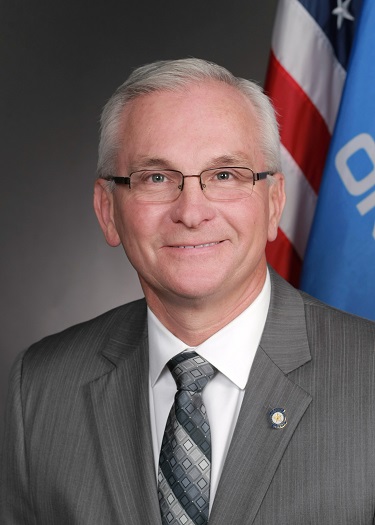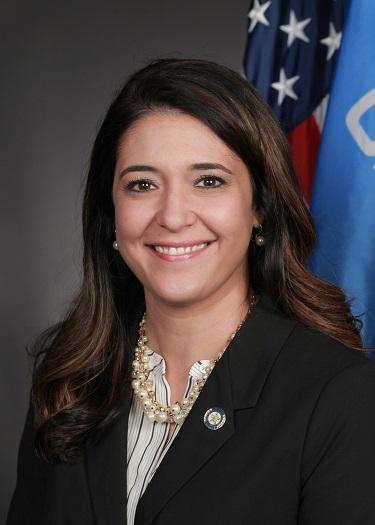Senate advances criminal justice reform bills
 Sen. Darcy Jech
Sen. Darcy Jech
 Sen. Stephanie Bice
Sen. Stephanie Bice
The Oklahoma Senate on Thursday advanced a series of criminal justice reform measures that provide uniformity of certain drug offenses, improve parole supervision, and cap excessive sentences for nonviolent offenses, among other reforms.
“Oklahoma cannot continue to warehouse prisoners who need substance abuse and medical treatment for their addiction and mental health issues. This mentality has given us the highest incarceration rate in the world, cost our state a tremendous amount of money, and has torn families apart. The measures passed today strike the balance between upholding public safety and moving forward with comprehensive criminal justice reforms that will keep families together, and get nonviolent offenders the treatment they need to remain productive members of society,” said Senator Darcy Jech, R-Kingfisher.
“The Legislature has made great strides in addressing Oklahoma’s high incarceration rates and skyrocketing prison costs. We have to keep the momentum moving forward to reform the system and these measures are a huge part of the overall reform effort that are moving us in the right direction,” said Senator Stephanie Bice, R-Oklahoma City.
The bills advanced on Thursday by the Senate now return to the House for consideration and include:
HB 1100, authored in the Senate by Senator Bice, provides clarity that certain evidentiary requirements be met for charges of possession of a controlled dangerous substance with intent to distribute, and lowers currently high maximum sentences.
HB 2009, authored in the Senate by Senator Bill Coleman, R-Ponca City, caps maximum sentences for second and subsequent nonviolent convictions.
HB 2273, authored in the Senate by Senator Jech, makes several changes to the pardon and parole process including requiring the Pardon and Parole Board to state the reason for denial of an application for parole and suggest a course of remediation for the inmate.
HB 2369, authored in the Senate by Jech, creates the Criminal Justice Coordinating Commission to evaluate and make recommendations on the creation of diversion programs. A report of the commission to the Legislature is due February 1 and each year thereafter.
HB 1373, authored in the Senate by Senator Julie Daniels, R-Bartlesville, would direct occupational licensing boards to list with specificity any disqualifying criminal convictions directly related to such occupations.
HB 2218, authored in the Senate by Jech, directs the court to waive outstanding fines, court costs and fees if the offender has secured admission to and is enrolled in an institution that is a technology center, workforce training program or member of state college or university. The bill also limits district attorney supervision to no more than two years.
HB 1927, authored in the Senate by Senator Darrell Weaver, R-Moore, reduces the term of imprisonment for a person who commits assault upon a medical care provider from two years to one year.
HB 2310, authored in the Senate by Bice, would allow a person convicted of a crime to select either the jury or the judge to assess punishment.
 Oklahoma Senate
Oklahoma Senate

